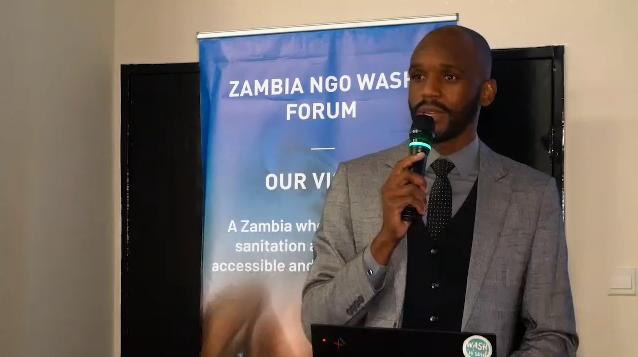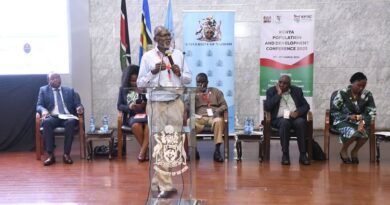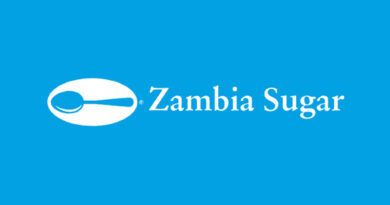Zambia NGO WASH Forum Highlights Menstrual Hygiene Challenges Faced by Schoolgirls
The Zambia NGO WASH Forum has raised serious concerns about the lack of basic necessities for menstrual hygiene management among schoolgirls, leading to significant absenteeism from school.
Eddy Chikuta, Projects Manager at BORDA Zambia and a member of the Forum, highlighted these issues during a recent event in Lusaka, marking World Menstrual Hygiene Day under the theme “Together for a Period-Friendly World.”
Chikuta referenced the Menstrual Hygiene Guideline developed by the Ministry of Education in 2016, which revealed that many girls miss approximately 36 days of school each year due to menstruation.
“We take it for granted every time, that pants are readily available and menstrual hygiene products such as pads. However, in most schools, some girls do not even have pants to wear to help in managing menstruation hygiene effectively,” Chikuta stated.
The lack of adequate facilities, privacy, and the stigma associated with menstruation are major factors causing girls to stay home during their menstrual periods.
“Over 80% of the girls that miss school do so because they have to stay home to deal with their menstrual aspects. At school, there are no adequate facilities, privacy is not there, and there is discrimination and stigma, with boys often laughing at the girls,” he added.
Chikuta also pointed out the challenges related to the safe disposal of menstrual hygiene products due to cultural taboos. “Most of these sanitary pads are disposed of in pit latrines and toilets. There are strong beliefs and taboos around menstruation, including fears of witchcraft if pads are disposed of publicly,” he explained.
The statement emphasized that poor and non-existent Water, Sanitation, and Hygiene (WASH) services are significant barriers to effective menstrual hygiene management. “For a girl child to address menstrual hygiene management adequately, we need secure and inclusive water and sanitation facilities,” Chikuta stressed.
Access to affordable sanitary materials remains a challenge, with many products being too expensive for regular use. Chikuta called for a more holistic approach from the government and partners to address these barriers.
“Social safety nets in the communities and schools do not allow for open discussion of menstrual hygiene management issues. We need to address these barriers collectively,” he urged.
Chikuta outlined three key areas for improvement: infrastructure, platforms for WASH Clubs in schools, and advocacy.
“We need to rethink our programming, policies, and commitments at national and international levels to tackle these issues. Effective menstrual hygiene management requires secure water and sanitation facilities,” he said.
Bubala Muyovwe-Mumba, the National Coordinator of the Zambia NGO WASH Forum, emphasized the need for strong advocacy to change the narrative around menstrual hygiene in Zambia.
“For Zambia to achieve its goals by 2030, we need significant changes in our approach to menstrual hygiene management,” she stated.



